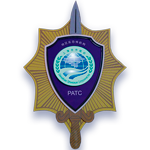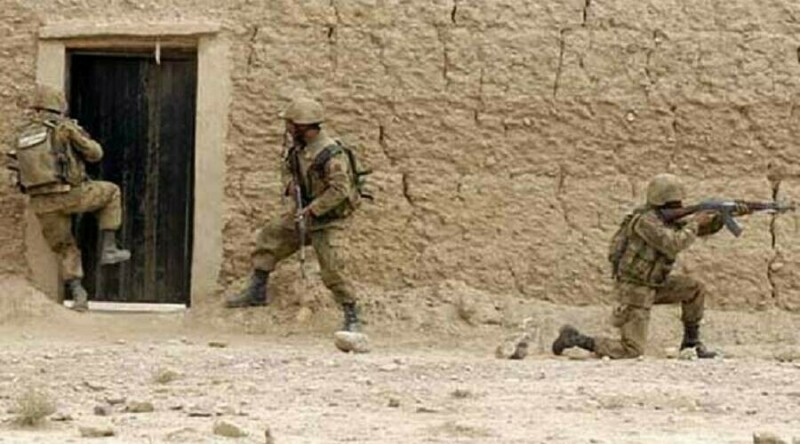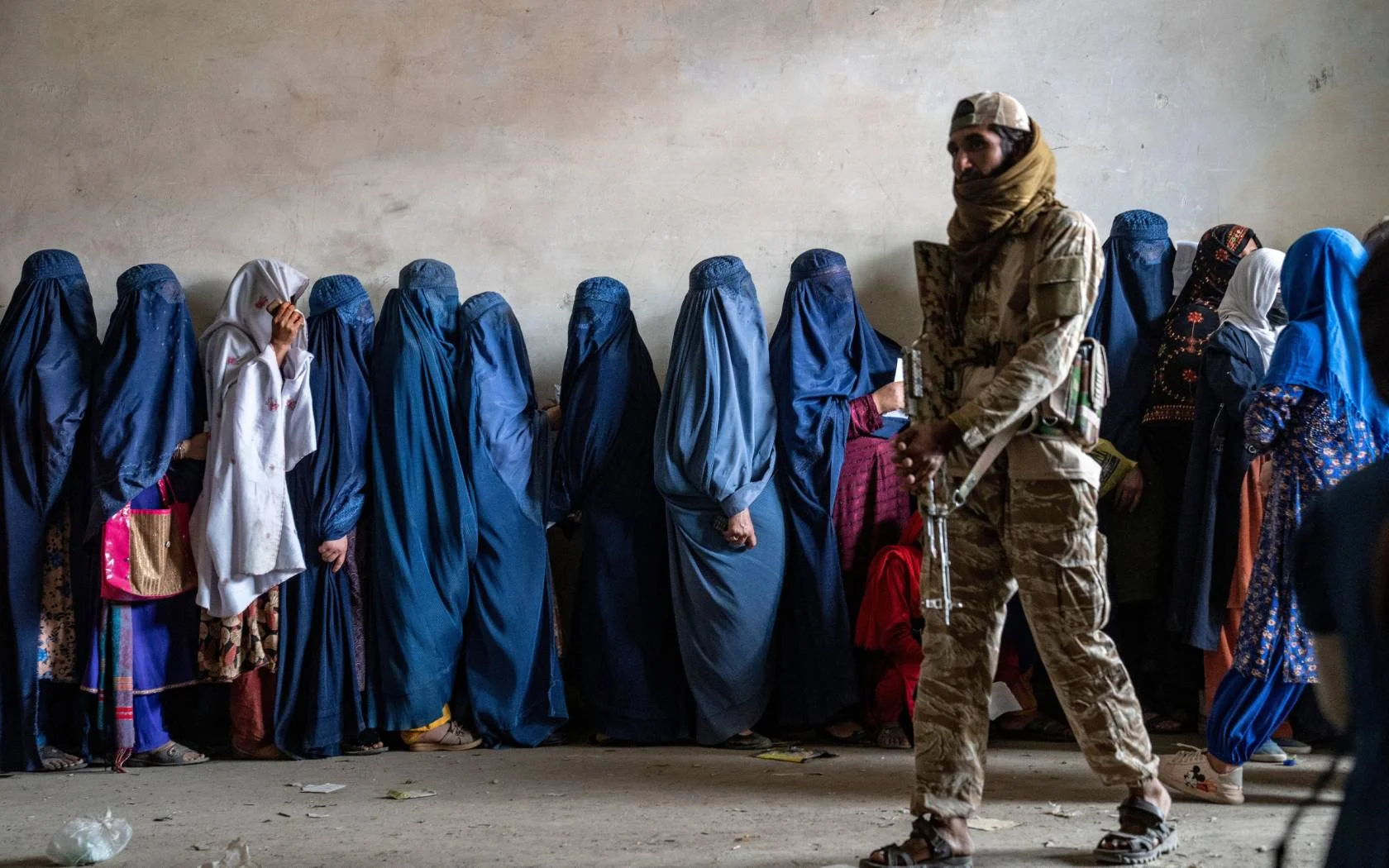Khurram Khan
Regional Anti-Terrorist Structure (RATS) of Shanghai Cooperation Organisation (SCO) is a unique body that endeavours to tackle terrorism at regional level. RATS was formed by the Council of Head of State of SCO member states on June 07, 2002, by six founding members that were Russia, China, Kazakhstan, Tajikistan, Kyrgyzstan, and Uzbekistan. RATS translate the conventions of SCO on combating terrorism, separatism, and extremism into practical cooperation.
RATS is permanently based in Tashkent, the capital of Uzbekistan. The Executive Committee comprising representatives of member states with a director as its head supervises the working of RATS. The organisation was set-up in the aftermath of 9/11 when international and transnational terrorism threatened constitutional order in the countries of the region. Initially the focus was to act together against the rising tide of religious inspired terrorism led by Al Qaeda.
Terrorist and separatist outfits that were active in Chechnya in the Russian Federation and Islamic Movement of Uzbekistan (IMU) in Uzbekistan, Tajikistan, and Kyrgyzstan since late 1990s. Imo established a nexus with the Afghan Taliban and found a sanctuary in Afghanistan. The Eastern Turkistan Islamic Movement (ETIM) founded by militant Uighurs, members of the Turkic-speaking ethnic majority in northwest China’s Xinjiang province, was instrumental in carrying out terrorist acts.
SCO was formed to strengthen mutual trust, friendship and good-neighbourliness between the Member States; to encourage the effective cooperation between the Member States in such spheres as politics, trade, economy, science and technology, culture, education, energy, transport, tourism, environmental protection, etc.; to jointly ensure and maintain peace, security and stability in the region; and to promote a new democratic, fair and rational international political and economic international order.
The organisation aimed to forge cooperation in the wake of growing unipolarity in the global arena to secure interests of the member states that were interlinked geographically. The ascendance of China as an economic powerhouse provided countries of Central Asia a platform along with Russia with which they had historic, political, cultural, and economic ties.
Majority of people in Central Asian countries are Sunni (Hanoi) Muslims. The introduction of Takfiri and Salafi strains of Islamic ideology encouraged militancy amongst the youth of these countries. They were inspired by militant Afghan Taliban, AQ and later by Daesh.
Pakistan became an SCO member in 2017 along with India. Iran was admitted to the club in 2023. These countries also became members of the RATS. Pakistan has played an active role in RATS. The Executive Committee is represented by all member states except Iran that would send its nominee in due course. Barring India and Pakistan all other member countries have nominated officers from their intelligence services.
RATS has been successful in chalking out capacity building of counterterrorism forces of the member states. Anti-Terrorism Exercises carried out by RATS since 2006 have been useful in coordinating efforts in the pursuit of neutralising terrorist threats and preventing terrorist attacks. RATS is also working to counter transnational crimes associated with terrorism, such as illegal migration, smuggling of drugs, weapons, explosives, etc.
Member states contribute meaningfully in the Joint Working Group of Experts comprising representatives of the competent authorities of the SCO member states to prevent use of Cyberspace by the terrorists; ensuring secure online communication lines; establishing, updating and monitoring data of terrorists and entities associated with them; and analysing the evolving terrorist threats not only in the region but far and beyond.
RATS provides a unique platform to bring the member states to pool their knowledge, information, and resources to tackle the threat of terrorism. The hard part is that there are accusations of harbouring terrorists by the member states against other members of the group. The acrimony between India and Pakistan on the subject is of common knowledge. Within CARs there is schism between states on the intentions of their neighbouring countries. The mutual suspicion has held back RATS from making an effective measure against terrorism.
Pakistan was perhaps the first country to share information on the terrorists affiliated with Daesh and its offshoot Islamic State of Khorasan Province (ISKP). The information was well received by RATS member states, encouraging other members to share information about common adversaries.
The author is former Joint Director General, Intelligence Bureau.



